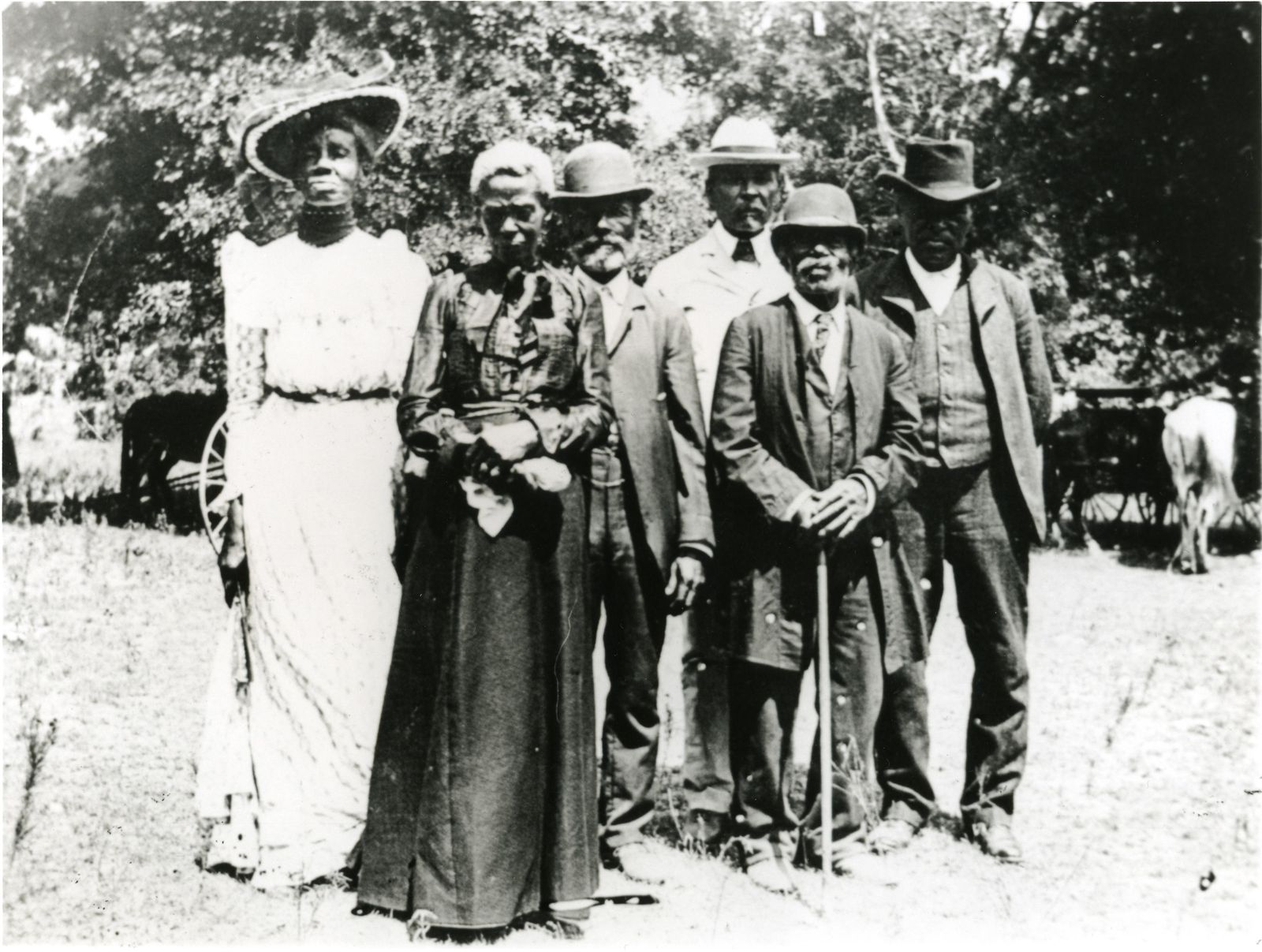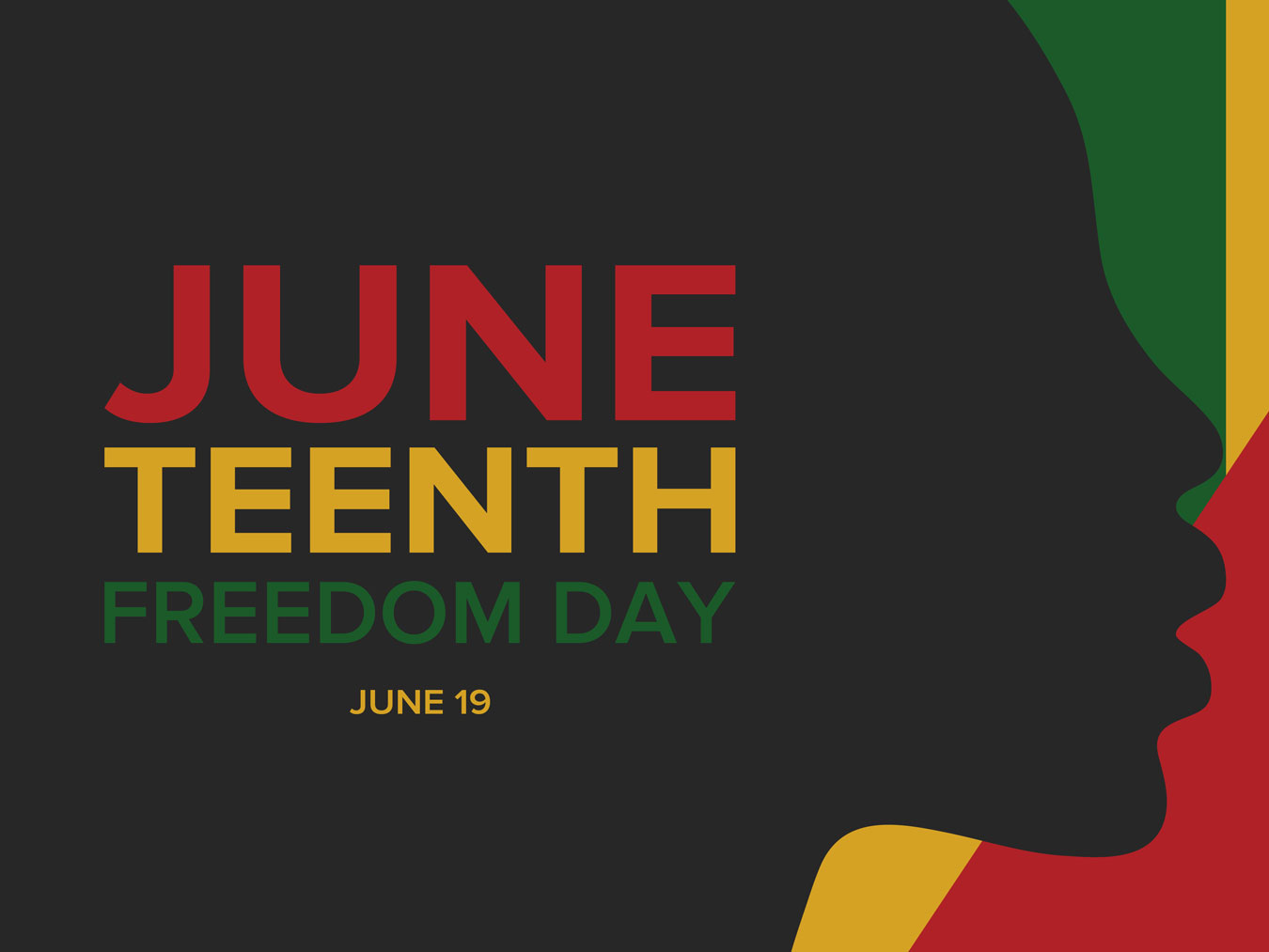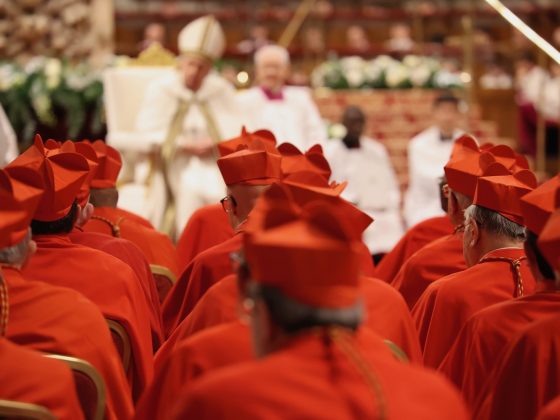What exactly happened on June 19? What is the reason why people are celebrating it?

Juneteenth — a combination of the words “June” and “nineteenth” — marks the earliest U.S. commemoration of the end of slavery in the U.S.
What exactly happened on June 19th?
Brief history
Before we even talk about the roots of Juneteenth, it is important to mention another date: January 1, 1863. This marks the day when President Abraham Lincoln issued the Emancipation Proclamation, ending slavery in the U.S. —at least on paper.
“All persons held as slaves within any State or designated part of a State, the people whereof shall then be in rebellion against the United States, shall be then, thenceforward, and forever free,” the Proclamation states.
After the Proclamation, not all of the enslaved people had been truly free. Often mentioned reasons for the delay include the deliberate withholding of the information to maintain the labour force on plantations or to reap one last harvest.
Fast forward, two and a half years later and we arrive on June 19, 1865. This is when the Union soldiers led by Major General Gordon Granger arrived in Galveston, Texas in order to dispatch the General Order Number 3 which begins as follows:
“The people of Texas are informed that in accordance with a Proclamation from the Executive of the United States, all slaves are free. This involves an absolute equality of rights and rights of property between former masters and slaves, and the connection heretofore existing between them becomes that between employer and hired laborer.”
Eventually, June 19 was coined “Juneteenth” and became a day which the black people can rally behind.
June 19 once again played a significant role when the Poor People’s Campaign took place on this day in 1968 — just a few months after the assassination of Martin Luther King Jr. who led the planning of the campaign — to fight for racial equality, to address interracial class issues, and to advocate for economic goals.
Juneteenth today
It was only in 1980 when Juneteenth was first recognised as an official holiday, with Texas being the first to pass the legislation. Right now, 46 states along with the District of Columbia recognise Juneteenth as a state holiday or observance.
Also called Emancipation Day, Juneteenth serves as a celebration of African American freedom and achievement.
Some typical celebrations include parties, parades, cookouts, and preparing red food and drink like strawberry soda as a reminder of the hibiscus and kola nuts brought into the Americas due to the trans-Atlantic slave trade.
In light of the Black Lives Matter protests, companies have also started recognising this commemoration. Twitter recently announced that Juneteenth will be a permanent company holiday to serve as a day for celebration, education, and connection. Companies like Lyft, Glossier, Nike, and others followed Twitter’s footsteps the following days.
A recent controversy surrounding June 19th is President Trump’s announcement that he will restart his campaign rallies on Juneteenth. What makes this reboot so controversial is that it will happen in Tulsa, Oklahoma —the site of the Tulsa Race massacre which unjustly took the lives of around 300 black Americans. Last week, he announced that the rally will be rescheduled on June 20 “out of respect for this Holiday.”










